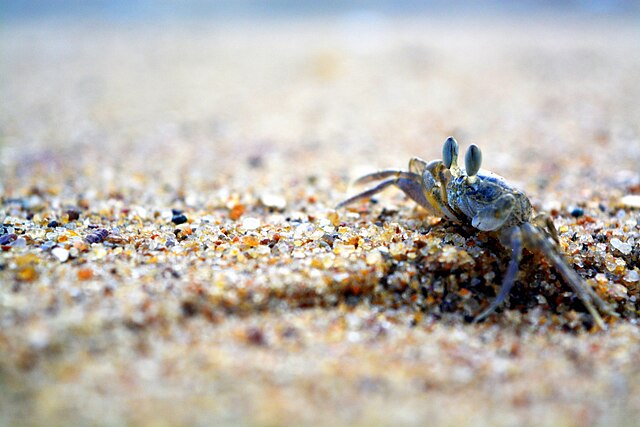N. B. Nair
New Delhi (ISJ Exclusive): Plastic, for its wide range of properties, has tremendously improved everyday human life. It is estimated that currently 439 million tonnes of plastic material are produced annually worldwide, of which two-third turns waste and pollute the environment.
According to UN agencies, '19-23 million tonnes of plastic waste leaks into aquatic ecosystems, polluting lakes, rivers, and seas. Research shows that, if current practices continue, plastic could emit 19 per cent of global greenhouse gas emissions allowed under the most ambitious Paris Agreement target by 2040. Chemicals in plastic have been linked to health problems in humans.'
While it is impossible to eliminate the use of plastic, experts say, we may at least reduce single-use plastics, accelerate reuse systems, switch to environmentally friendly alternatives. Though scientists have been working on a viable technology to convert plastic waste into reusable virgin products that does not pollute the environment, they have not been able to find a viable technology so far.
But an Indian biological scientist alongwith his erstwhile doctoral student has developed two enzymes that offers a “ray of hope” for sustainable degradation of the plastic – polyethylene terephthalate (PET).
The team headed by Professor Purnananda Guptasarma of the Department of Biological Sciences, Indian Institute of Science Education & Research (IISER), Mohali, was awarded the inaugural Tata Transformation Prize in the 'sustainability' category. The announcement was made on Tuesday (07 November) by Tata Sons and the New York Academy of Sciences (NYAS).
The award, consists of approximately 0.25 million US dollars to further improve “enzymatic reagents and scale experiments up to pilot-scale,” a medal, and a lifetime membership of the NYAS.
“We have achieved the proof of concept at the laboratory stage. What remains is to improve the reagents further, scale up the production of reagents, and take the science to pilot-scale tests of viability,” Professor Guptasarma told Indian Science Journal in an exclusive interaction.
“Its commercial viability would only be known after the pilot-scale testing. But it offers a ray of hope, and the main advance that we have made is to develop a method and reagents for turning PET plastic into pure terephthalic acid which can be recycled into plastic with properties akin to those of virgin PET. This possibility has existed for the last seven-eight years. But the advance that we have made, unlike previous attempts, is in achieving both purity and high yield of the final degradation of product, which is necessary for recycling. We achieved that with a novel method and a novel reagent which is a second enzyme that assists, in solution, the work of the first enzyme that works directly upon the solid plastic” he explained.
The latest research is an improvement over their earlier findings, where they came out with two-enzyme solution to the problem, which is a cocktail containing a PET-degrading enzyme and a degradation intermediate-hydrolysing enzyme. Through their synergistic action, the enzymes produce pure terephthalic acid (TPA) and ethylene glycol (EG) in yields that are 30–100 percent higher than those obtained with leaf-branch compost cutinase (LCC) – a PET-degrading enzyme, alone. It is basically a distribution of labour between two enzymes – one enzyme focusing completely on the solid plastic and the other working in solution. This is the main innovation. The further innovations are in improvements of the enzymes themselves through protein/enzyme engineering. The science is developed, but the technology is in a preliminary stage, or in the 'sunrise area', offering hope for sustainable degradation of plastic in the future.
“The key step was to show that the enzymes can create pure terephthalate acid, which can be recycled into PET. This is the innovation which offers a ray of hope of being scaled up. What we now need to do is to convert this science into a viable technology at least on a pilot stage, where we can show that these enzymes can be produced at the necessary scale and then take some real-life plastic containers and show that it is possible to do a reaction where you get pure terephthalate that is convertible to virgin-like plastic,” said Professor Guptasarma.
Professor Guptasarma however, added, there is no short-term outcome; it would take well over a decade, and perhaps two, to realise things on a commercial scale, if everything turns out well.
Image courtesy: Wikimedia Commons


